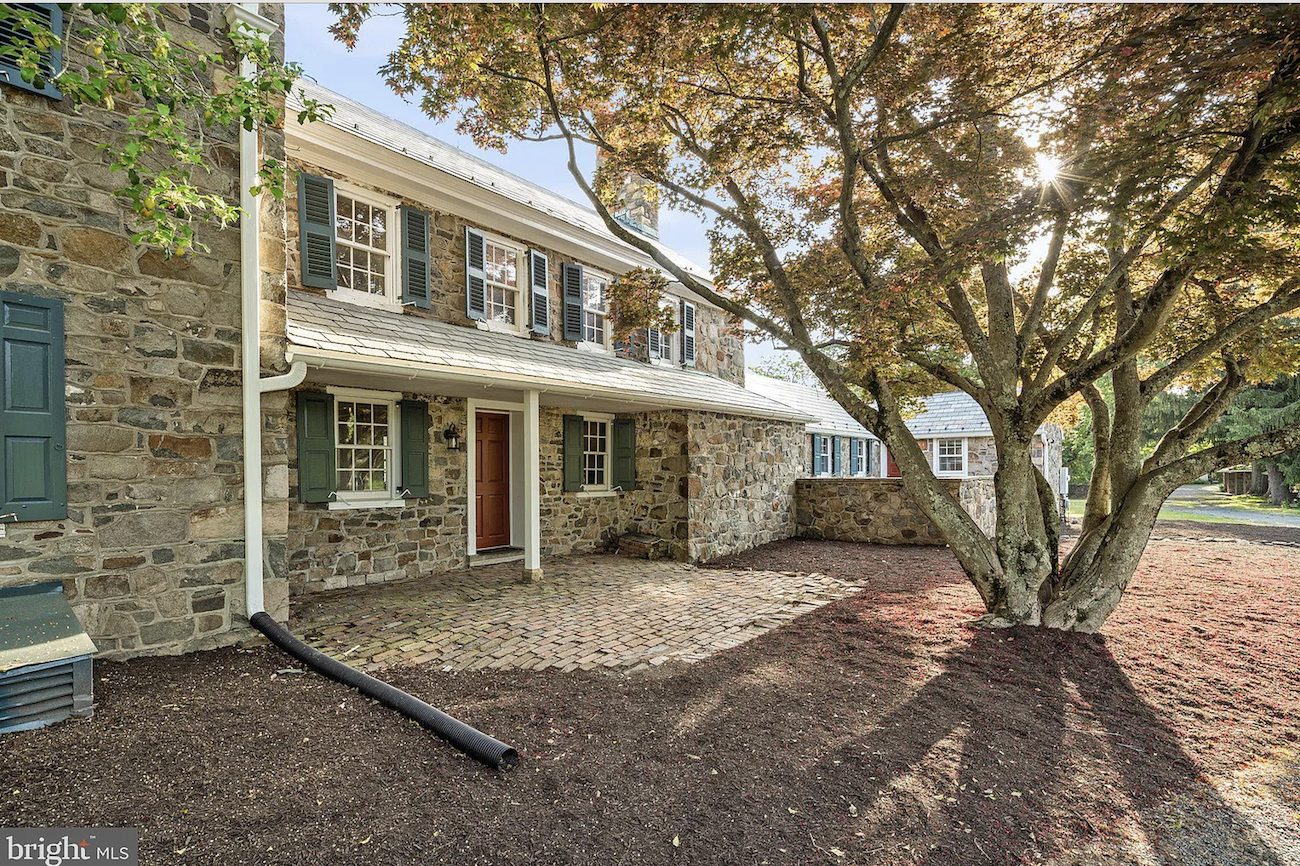Value local news?
Hopewell Valley counts on MercerMe for daily reporting. But quality journalism takes time, care, and resources—and it only continues with your support.
What You Get:
1. Exclusive Archives: Dive into 10 years of Hopewell Valley’s history.
2. Insider’s Scoop: Our monthly newsletter with behind-the-scenes updates and exclusive content.
Your support keeps Hopewell Valley informed, engaged, and connected. Together, we’re shaping a stronger community narrative, one impactful story at a time.
Deborah Howlett
Deborah Howlett is the founder of New Jersey State House News Service, a nonprofit news organization that mentors and trains the next generation of journalists interested in covering government and politics. A lecturer in journalism and digital media at Rutgers University, she is a former journalist for USA Today, The (Newark) Star-Ledger and MercerMe. A native of Portland, Ore., she’s lived in Pennington, NJ, for 21 years and her children attended Hopewell Valley schools. She served as president of the Hopewell Valley Lacrosse youth league and spends her free time cooking, reading and stewing over several non-fiction writing projects.








